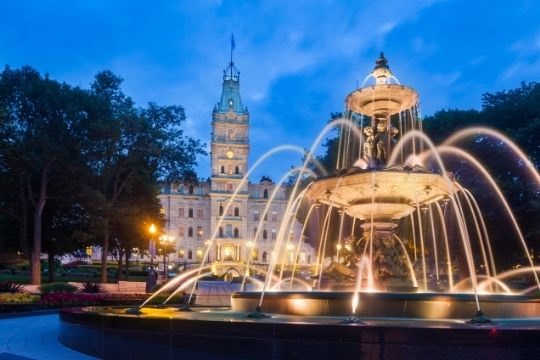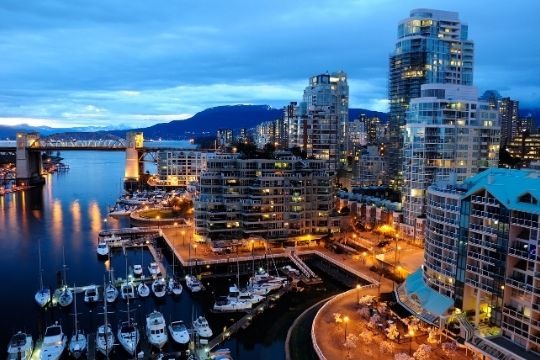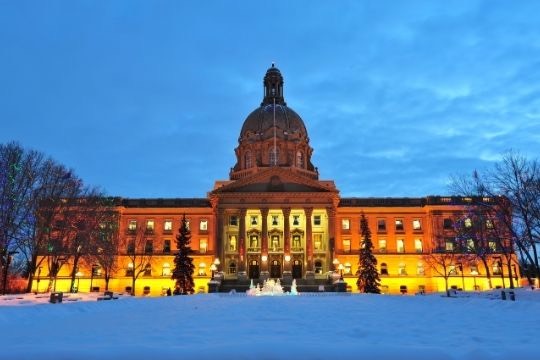Immigration System
The Canadian Immigration System is governed by the “Immigration & Refugee Protection Act (IRPA)” and the Immigration & Refugee Protection Regulations.
Immigration to Canada is administered by the Canada Border Services Agency, which is responsible for border enforcement, immigration enforcement & customs services, and Immigration, Refugees and Citizenship Canada (IRCC).
Canada has one of the most liberal immigration policies in the world. Its immigration system addresses its dual problem of an aging population & labor shortages of highly skilled workers.
Quebec has a special arrangement with the Federal government of Canada and has its own rules for choosing immigrants, including its own program to select skilled workers. Of course, once immigrants are granted permanent residency or citizenship they are free to reside in any province/territory of Canada.
Under Canadian Immigration Law, immigrants to Canada are classified into 4 categories:
- Economic: Applicants who are Business investors, skilled workers & caregivers
- Family : Applicants who are closely related to a Canadian citizen or permanent resident living in Canada
- Protected person or Refugee: Applicants who are escaping persecution, torture, and/or cruel and unusual punishment
- Humanitarian or other: Applicants who are accepted as immigrants for humanitarian or compassionate reasons
Anyone who immigrates to Canada must –
- have a valid passport or travel document
- be in good health
- not have committed a serious crime
- not pose a risk to Canada’s security
- not have violated human or international rights
Anyone applying to live permanently in Canada must provide –
- a police certificate or criminal record check
- their photo and fingerprints (biometrics)
Rights of Permanent Residents
As a Canadian Permanent Resident (PR), one can enjoy the following rights & privileges :
- Remain in Canada indefinitely
- You can retain your PR status indefinitely as long as you stay in Canada for 2 years in each 5-year period
- Live, work or study anywhere in Canada
- Study in Canada and avoid international student tuition fees
- Sponsor eligible relatives for permanent residence
- Travel to & from Canada as many times as you want. You only need to travel with your PR Card & passport. If you do not have a PR Card, you must apply for a “Permanent Resident Travel Document”
- Get most social benefits that Canadian citizens receive, including health care coverage
- Get protection under Canadian law and the Canadian Charter of Rights and Freedoms
- Apply for Canada citizenship, if eligible
If you hold a permanent visa but are not residing in Canada, your eligibility for the above rights & privileges may be impacted.
A Canadian Permanent Resident cannot –
- Have a Canadian passport. You will continue to be the citizen of your current passport
- Vote in Canadian government elections
- Run for Canadian political office
- Hold some jobs that need a high-level security clearance
- Expect not to be deported if they commit a serious crime, unlike citizens who will not be deported
Canada’s Immigration Levels Plan 2020-22 seeks to welcome over ONE MILLION immigrants in the coming 3 years.
Contact us to know how you can apply for the most suitable visa pathway for you.





